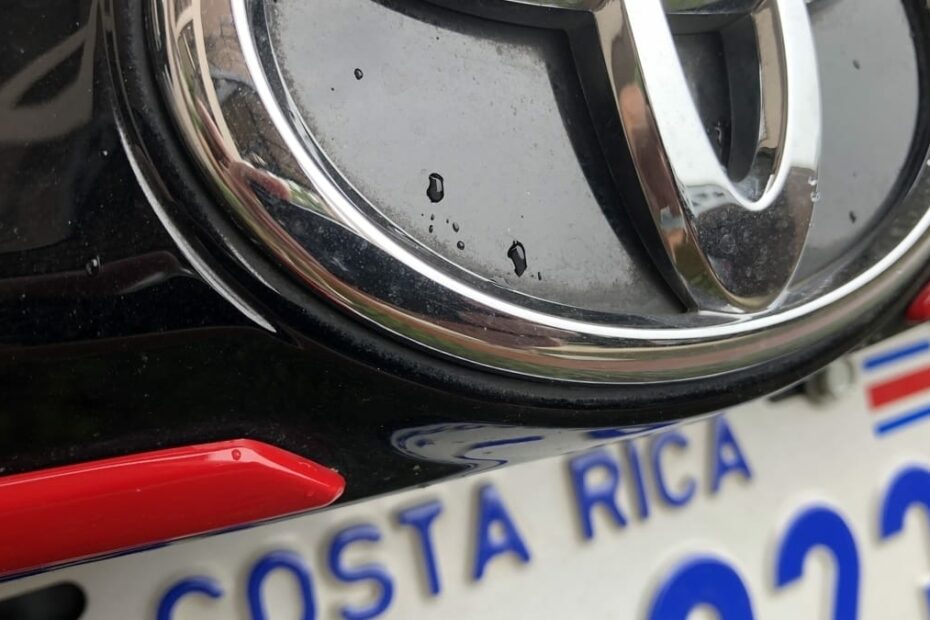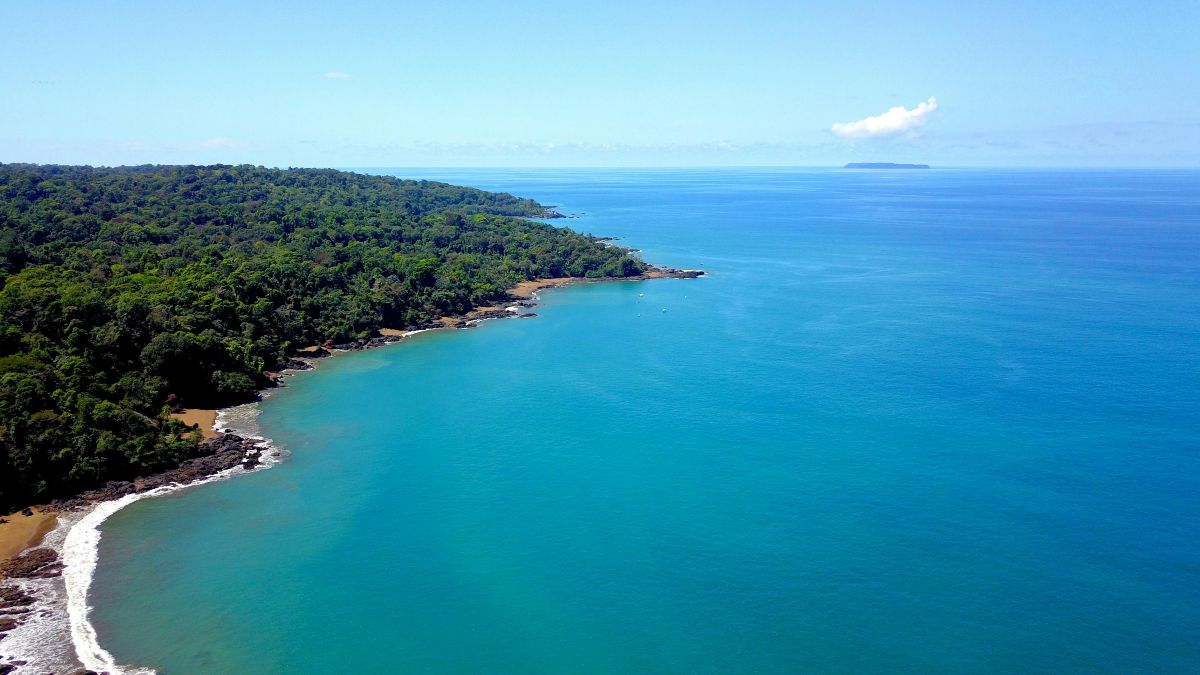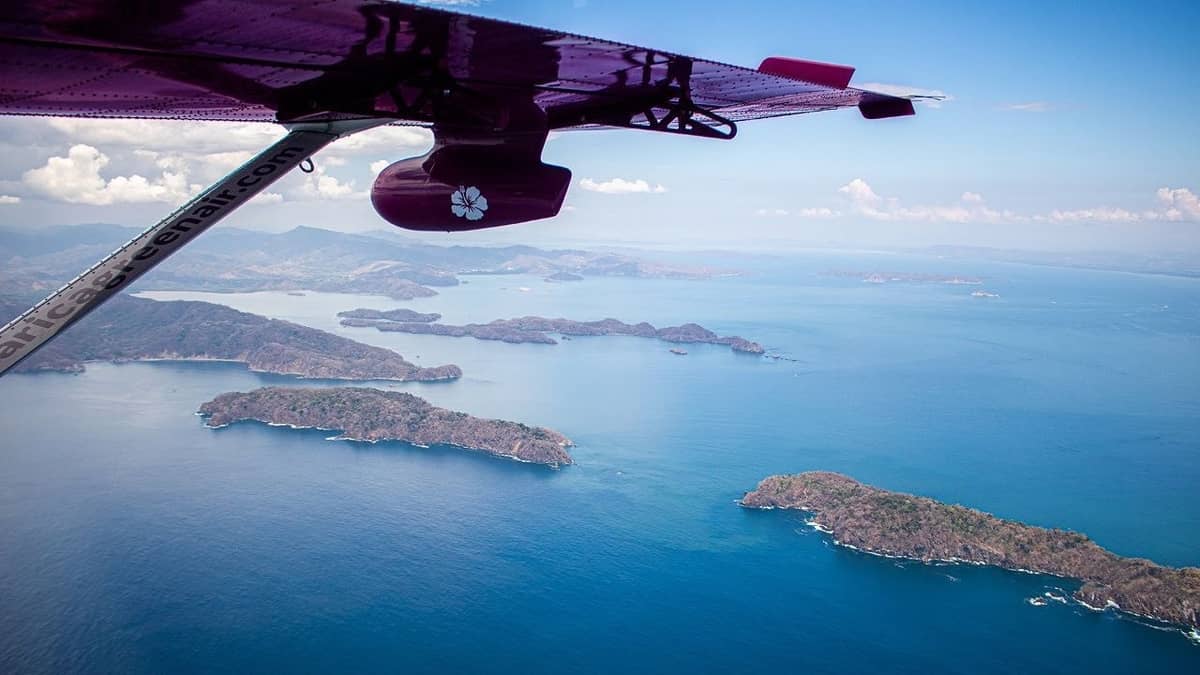A look at the Costa Rica vehicular restrictions, extended by the government today until the end of the month, with an extra hour added in the evenings.
Today the government of Costa Rica extended its vehicular restrictions until August 31. In a small effort to placate the business community, the government allowed that from August 9, the restrictions will kick in at 10:00 PM instead of 9:00 PM. This will permit restaurants and other businesses to open an hour later.
Although an extra hour is better than nothing, it’s not what the business community wanted. They were either looking for an end to all such restrictions after a year and a half of suffering, or at the very least, an 11:00 PM closure.
August is one of Costa Rica’s busiest months for the restaurant industry in Costa Rica, with Mother’s Day celebrations on the 15th.
En sencillo: así operará la restricción vehicular sanitaria entre el 9 y el 31 de agosto – https://t.co/sUTr4ZJDX8
— CRHoy.com (@crhoycom) August 6, 2021
Last week, the government received a request from the business community to extend the start of the restriction until 11:00 PM on weekdays and abolish it completely on weekends.
The Chamber of Commerce said that by doing this, Costa Rica could create up to 17,000 jobs. Eliminating the restrictions altogether would generate an extra 11,000 jobs on top of that.
A CRHoy report today cites information from the business community about the effect of these ongoing restrictions.
Pre-pandemic (under normal times), in the retail sector, over two thirds of shops closed after 9:00 PM. One in four retail businesses now report losses of between 11 and 20%. Allowing retail businesses to open until 11:00 PM would increase sales by up to 20%.
Only 7% of bars and restaurants closed before 9:00 PM pre-pandemic. 24% closed between 9:00 PM and 11:00 PM, with the remaining 69% closing after 11:00 PM. Few sectors are affected more by the restrictions than bars and restaurants, with some 97% of them reporting losses.
Allowing them to open until 11:00 PM would help recoup some of those losses by up to 30%.
Gobierno rechaza petición de sector comercial para iniciar restricción a las 11:00 p.m. – https://t.co/mt3LJR4s2W
— CRHoy.com (@crhoycom) August 6, 2021
Businesses say shops, restaurants, and bars already follow all the protocols in place to combat the spread of of Covid-19, including social distancing, hand washing stations, mask mandates, and so on.
They’re tired of being punished by the government with the vehicular restrictions which have a direct impact on their opening hours.
Julia Castilla, president of the Chamber of Commerce, pointed out to El Observador last week that closing bars and restaurants at 9:00 PM encourages people to go to illegal establishments – clandestinos – which have little or no health protocols in place. According to her, it’s not about jobs alone, it’s also about public safety.
In extending the start of the restriction from 9:00 PM to 10:00 PM, the government has offered a small olive branch to businesses, especially after President Carlos Alvarado had previously dismissed any changes whatsoever. But for businesses in Costa Rica trying to operate under difficult circumstances, the new measures fall short.
La propuesta es iniciar la restricción vehicular a las 11 p.m. entre semana y eliminar esta medida para los fines de semana.
¿Qué le parece esta propuesta? Agradecemos sus comentarios. #RestricciónVehicular https://t.co/QSFY9tB7LD
— ElObservadorCR (@CrObservador) July 28, 2021
Here are the new vehicular restrictions in Costa Rica effective Monday, August 9:
- Permitted driving hours – 5:00 AM-10:00 PM
- Hours you need to be off the road – 10:00 PM-5:00 AM
Weekday license plate restrictions:
- Mondays – All except license plates ending in 1 and 2 (plates ending in 1 and 2 cannot be on the road)
- Tuesdays – All except license plates ending in 3 and 4 (plates ending in 3 and 4 cannot be on the road)
- Wednesdays – All except license plates ending in 5 and 6 (plates ending in 5 and 6 cannot be on the road)
- Thursdays – All except license plates ending in 7 and 8 (plates ending in 7 and 8 cannot be on the road)
- Fridays – All except license plates ending in 9 and 0 (plates ending in 9 and 0 cannot be on the road)
Weekend restrictions:
- Saturday August 14 – Plates ending in even numbers cannot be on the road
- Sunday August 15 – Plates ending in odd numbers cannot be on the road
- Saturday August 21 – Plates ending in odd numbers cannot be on the road
- Sunday August 22 – Plates ending in even numbers cannot be on the road
- Saturday August 28 – Plates ending in even numbers cannot be on the road
- Sunday August 29 – Plates ending in odd numbers cannot be on the road
As always, the above restrictions have exceptions to them in various circumstances.
Buses, taxies, tourist vehicles, etc. are exempted from the above restrictions, as long as their plates show they’re used for public transport. This does not apply to ride sharing services like Uber or Didi, or to informal (pirata) taxi drivers.
Also exempt are rental cars, people driving to/from airports, vehicles driven by people with disabilities (or vehicles transporting people with disabilities), vehicles taking people to hospitals or medical centers, the emergency services, funeral cars, goods transportation, and more.
James Dyde is the editor of centralamerica.com. He lives in Escazu, Costa Rica.




